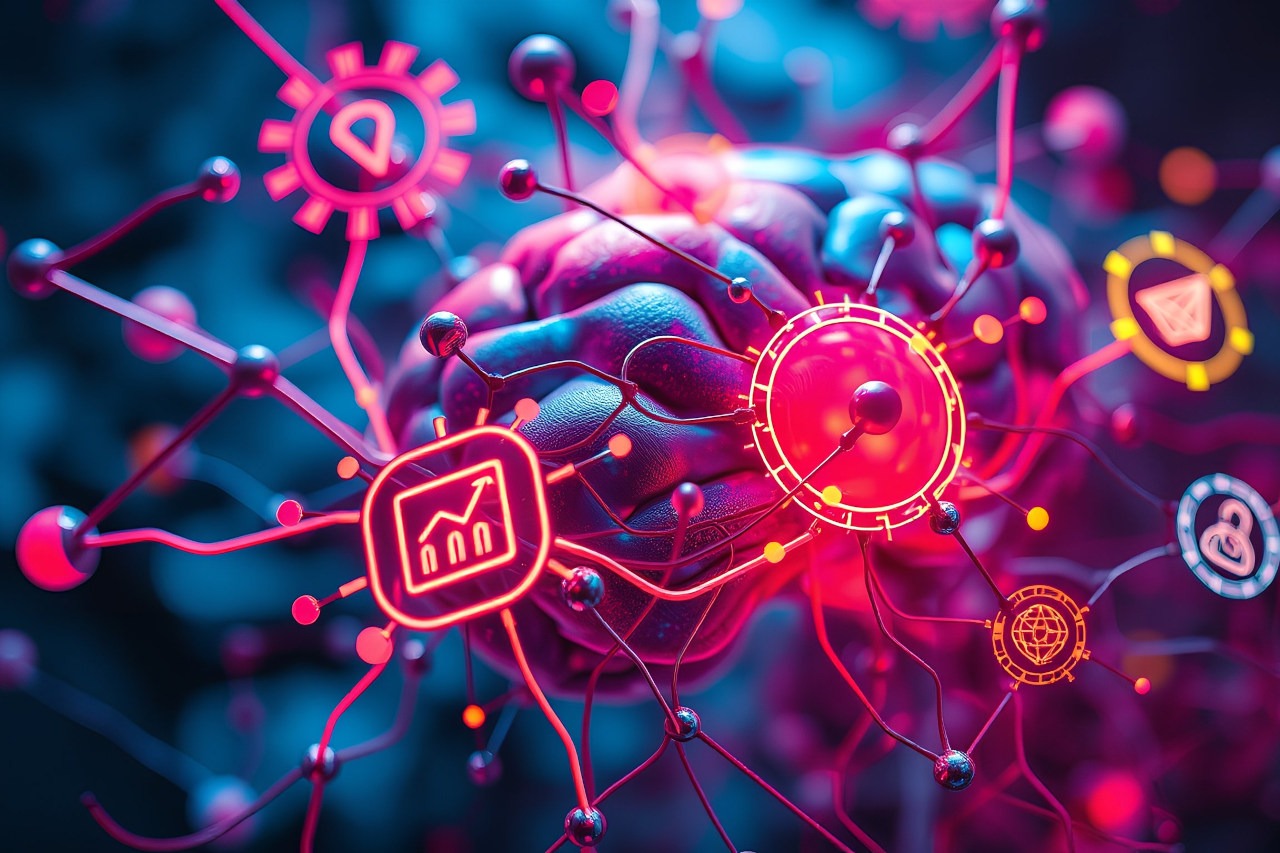Poisonings are among the greatest dangers our organism can be exposed to. Different toxins affect different parts of the body and often the dosage determines life or death.
Welt der Wunder Redaktion
A survey conducted by Harvard University in the United States found that 44 percent of working adults say that their work affects their health. In Germany, Techniker Krankenkasse conducted a survey which revealed that 64 percent of Germans suffer from stress at least occasionally and 26 percent report that they suffer from stress frequently.
A pack of potato chips instead of a bowl of salad – a few hours on the couch instead of at the gym: we constantly break our resolutions and surrender to the commands of a very selfish brain. Yet, anyone can beat laziness. What slows us down, what keeps us going? How can we overcome the motivation killers in our heads?
Just ten minutes of acute oxygen deficiency can cause irreparable damage to our brain. If it lasts longer, we become unconscious and fall into a coma.
Whether it’s pester power strategies, signs with short-term offers or special scents in the air: by now we are all familiar with the trickery that supermarkets use to get us to buy. But why do we fall for them again and again?
Some pills consist only of sugar and starch – and can still make you healthy. How can the placebo effect be explained? Researchers suspect that the body heals itself in many cases of illness.
Some people can memorize hundreds of faces or phone numbers in a matter of minutes. Everyone is capable of such feats of memory.
Almost everyone has encountered déjà vu – the sudden feeling of having experienced a similar situation before. But where does it come from?
Neuroscientists can peer into our brains and read what we are thinking. There are also less chilling possibilities, such as prosthetics that can be controlled by the power of thought.
Soldiers in crisis areas or aid workers on disaster relief missions often have traumatic experiences. The images, sounds and smells remain with some people for the rest of their lives. What happens in our brain? And can trauma be healed?















